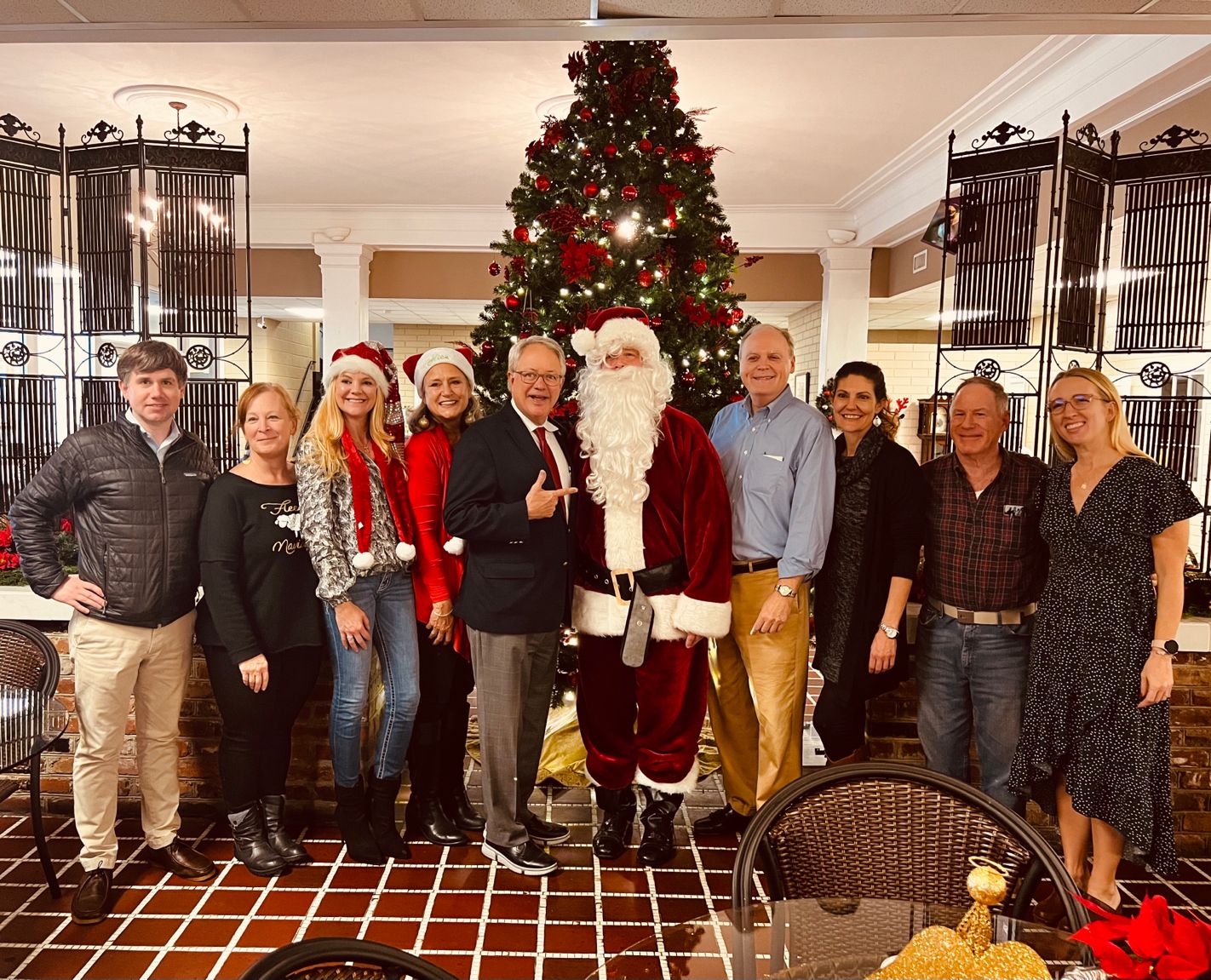Music During the Civil War
May 18, 2010: During the speaker introduction, former Rotary President Andy Brack explained that in honor of the approaching 150th Civil War anniversary, the Rotary Club of Charleston has included programs to inform us how life was during the mid eighteenth century. Our speaker, Dr. Nic Butler did more than just inform us; his fascinating presentation included musical audio, photos and a captivating history of music during the Civil War.
Dr. Butler divided his presentation into three topics: Commercial Market for Music, Caucasian and African American Bands and Slave Songs (“Spirituals”).
Rotary Club Charleston Civil War Music on Vimeo.
(Thanks to Willis Cantey for helping to get this online.)
The Civil War was the first event in U.S. history when there was a commercial market for music. Music evolved as an industry as profits were made mass producing sheet music. The majority of the sheet music was anthems of the North and South. Dr. Butler gave southern examples such as “God Save the South” and “Bonnie Blue Flag.” After a short brass band audio of “Bonnie Blue Flag” was played, Dr. Butler explained that is was actually composed by Irishman, Harry McCarthy of Arkansas. Similarly, another Irishman by the name of Dan Emmet, composed one of the most famous and controversial Civil War anthems, “Dixie Land.”
In addition to Civil War anthems, Dr. Butler gave a short history lesson on the importance of Civil War bands. He explained that their drums, fifes and bugles were responsible for specific cadence signals during battle. Contrary to popular belief, Dr. Butler noted that the majority of bands were comprised of skilled musicians, not just teenage boys. Towards the end of the war, the Union Army recruited African American slaves to join their bands. Civil War “black musicians” were also a part of our local Charleston history.
“Major” Peter Brown was born a “free man of color” in 1803 and is considered one of Charleston’s most famous musicians. Mr. Brown’s 50 year musical career includes his role as the leader of John C. Calhoun’s funeral band. “Black musicians” continued to have a place in Lowcountry history, as post Civil War bands are credited for the beginnings of Jazz. Most well known, is the Jenkins Orphanage Band.
In addition to Civil War “Black musicians” and their role in the jazz movement, Dr. Butler discussed slave songs and their often unrecognized role in modern music. Popular slave songs such as “Michael Row the Boat Ashore” originated in the Lowcountry. These “call and response” songs are also known as “black spiritual” songs and are an important part of our Charleston legacy.
Dr. Butler ended his presentation with his three topic conclusions: commercialism encouraged uniformity, the legacy of “black bands” is often overlooked and Lowcountry “Spirituals” are world-renowned.
Submitted by Teal Van Saun, Keyway Committee


